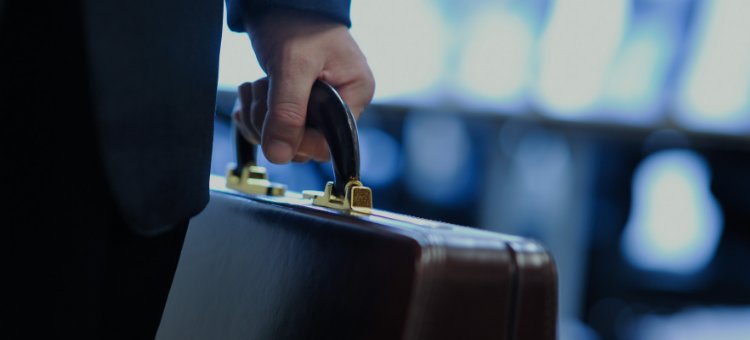The patent pool licensing program for standard technology patents has recently drawn considerable attention as an effective tool for using a patent portfolio. With respect to the coding/decoding technologies of digital video and audio, communication technology and data recording technology, the technologies are standardized to achieve interoperability of products from different manufacturers. In the standardized technology, numerous patents of different companies are used. A patent pool licensing program compiles the licenses in such patents in one contract at reasonable royalty rates. Such a patent pool license is beneficial to manufacturers of products who receive the license since such manufacturers will not be required to negotiate with numerous patent holders and the patents are licensed at royalty rates which are much cheaper than entering into a license agreement with each patent holder for each patent. A patent pool license is also beneficial to the patent holders since a large amount of royalties may be collected from a wide range of licensees at reasonable rates and allocated to patent holders.
The patent pool licensing program for standardized technology patents began in 1997 for MPEG-2, which is a video signal compression technology standard. The MPEG-2 patent pool licensing program turned out to be a huge success and triggered establishment of many other patent pool licensing programs for different standard technologies. At the time when the patent pool licensing program for MPEG-2 was established, Hideo Ozaki of City-Yuwa Partners was appointed as a neutral evaluator of essential Japanese patents. Since then, he has been the evaluator for essential patents in many other patent pool licensing programs. An essential patent is a patent which will be necessary for the use of such standardized technology. Evaluation of essential patents means selection of patents which should be under the patent pool license from the patents which are requested for inclusion in the patent pool license. At the present time, City-Yuwa Partners has been requested by MPEG LA, which is a U.S. license administration company, to evaluate the essential patents for H.264/AVC, H265.HEVC, H266.VVC, EVS, VC-1 ATSC, Qi and other technology standards. City-Yuwa Partners also evaluates essential patents for Blu-ray Disc.
City-Yuwa Partners also assists a patent holder in making a request for inclusion of its patent in a patent pool license. In such case, City-Yuwa Partners will attempt to persuade an evaluator of such patent pool licensing program that such patent is an essential patent and make best efforts to have such patent included in the patent pool license. There is, currently, a patent pool license program for ARIB standard, which is a digital broadcasting technology standard in Japan. Evaluation of essential patents for this patent pool is performed by the Japan Intellectual Property Arbitration Center (“JIPAC”), which is a center for arbitration established jointly by the Japan Federation of Bar Associations (Nichibenren) and the Japan Patent Attorney Association (Benrishikai). Each evaluation of essential patents at JIPAC is conducted by a pair of one lawyer and one patent attorney (benrishi). City-Yuwa Partners represents foreign clients in submitting its Japanese patents to JIPAC for evaluation of essentiality with regard to the ARIB standard seeking inclusion in the ARIB patent pool licensing.
Attorneys handling this practices
Related News


